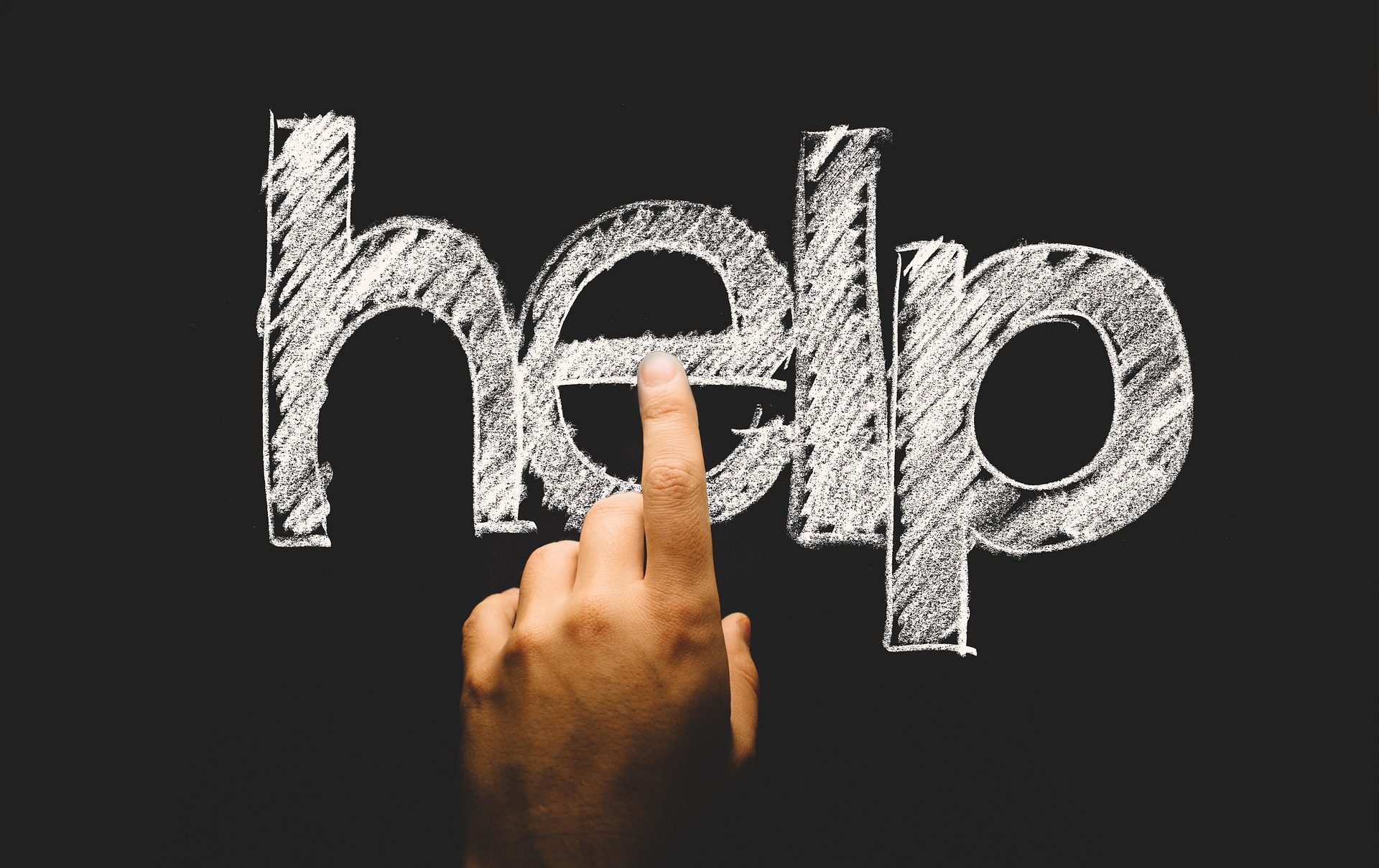The excitement you feel at beginning a new semester, making new friends or meeting up again with last semester’s class mates can soon give way to anxiety and loss of motivation as the workload increases and assessments come thick and fast. This common phenomenon of a mid-semester dip has many similarities with the “culture shock” you may be experiencing living in a new country, in a new community (GIHE). Understanding how culture shock affects people may give you some insight into how your feelings change over a semester, and how you can deal any dips in your motivation.
 What is culture?
What is culture? 
“UNESCO defines culture ‘as the set of distinctive spiritual, material, intellectual and emotional features of society or a social group, that encompasses, not only art and literature, but lifestyles, ways of living together, value systems, traditions, and beliefs’ (UNESCO, 2001, p.3)”. Simply put it is the sum of beliefs, values, and behaviour that we share with other people in the community. Societies, countries, regions have cultures, but so do organisations. As a Glion student, you may find yourself having to adapt to Swiss culture (Glion, Bulle campuses) or British culture (London campus) as well as the culture of GIHE itself (the Glion spirit).
 What is culture shock?
What is culture shock? 
The founding definition of “culture shock” comes from Obeng (1960) who wrote that “Culture shock is precipitated by the anxiety that results from losing all our familiar signs and symbols of social intercourse…. Now when an individual enters a strange culture, all or most of these familiar cues are removed. He or she is like a fish out of water” (p. 177). It is that feeling of being a “a stranger in a strange land”. Nothing is familiar, we cannot take anything for granted, we cannot act automatically. We become highly conscious of our surroundings and highly self-conscious of our own behaviour in this unfamiliar context. Where Obeng moves beyond the simple statement that we may feel uncomfortable in unfamiliar surroundings is that he identifies four stages of culture shock that people experience : 1. the Honeymoon– when you first arrive in a new culture you are excited and fascinated. 2. Rejection and Regression – as your frustrations and anxieties grow you begin to have negative feelings about your host culture and overly positive attitudes to your home culture. 3. Adjustment – As time goes on, your frustrations and anxieties begin to decrease. Your daily difficulties remain but you begin to feel less negative about them. 4. Acceptance – In this final more positive stage, you begin to accept the local culture as simply the way of life. You begin to integrate certain local behaviors or customs so that you no longer even notice them. You begin to have a more balanced view of both the host culture and your own native culture.
What is interesting about these stages is that the progression of feelings is not linear: they do not move in just one direction, becoming more positive or more negative. Rather, initial positive feelings dip before becoming more positive again.
Interesting… but do what?
As a student starting at GIHE, you may go through stages similar to those of culture shock. Recognizing this may help you cope. The initial excitement of starting university level studies, making new friends from all over the world and perhaps living away from home for the first time, gives way to anxiety and stress as work piles up, assessment deadlines get nearer and nearer, and the end of semester seems a long way away. However, as you make it through to the end of the semester you feel a sense of pride at having overcome the challenges and your feelings of belonging to the Glion community become stronger and stronger – you have found your place in the world!
 Tips and techniques
Tips and techniques 
-
Know that culture shock is a common process or set of feelings. It is not a defining characteristic of your temperament, but your temporary reactions to an unfamiliar environment.
-
Share your feelings with the people around you, your friends at Glion who may be feeling the same way you are, and with faculty, academic managers and health advisors who may be able to give you a more objective balanced point of view.
-
If your motivation begins to drop, divide big tasks or projects into smaller steps and concentrate on achieving one small step at a time. Allocate time in your schedule to the small steps and commit to completing them within the allocated time.
-
Keep close contact with family and friends from home.
-
Engage positively with the local community and culture: learn some simple French phrases to use in Montreux or Bulle; check the Swiss or UK news – what is happening in the country? Visit local tourist attractions or cultural events. Try local cuisine and drinks.
-
As always, eat well, sleep well and exercise regularly. This will boost your morale.
-
Make plans for the holidays. Having a future goal will help you get through difficult times.
 Further resources
Further resources 
Government of Canada. (n.d.).Coping with culture shock.
https://travel.gc.ca/travelling/living-abroad/culture-shock
References
Oberg, K. (1960). Cultural shock: Adjustment to new cultural environments. Practical Anthropology, (4), 177-182.
https://doi.org/10.1177/009182966000700405
UNESCO. (2001). UNESCO universal declaration on cultural diversity.
http://www.unesco.org/new/fileadmin/MULTIMEDIA/HQ/CLT/pdf/5_Cultural_Diversity_EN.pdf
 Contact us
Contact us 
The Welfare team:
The Learning Support team:






